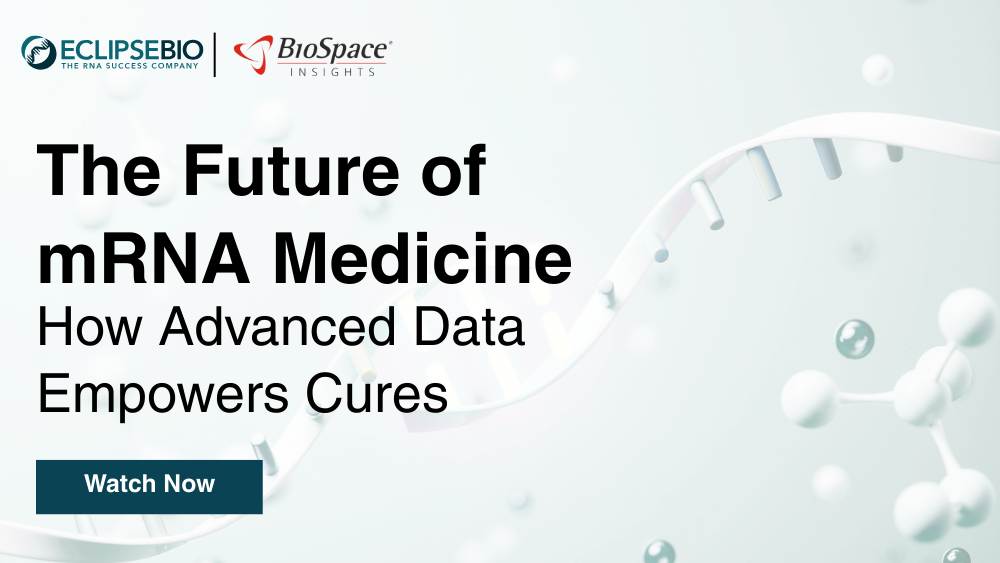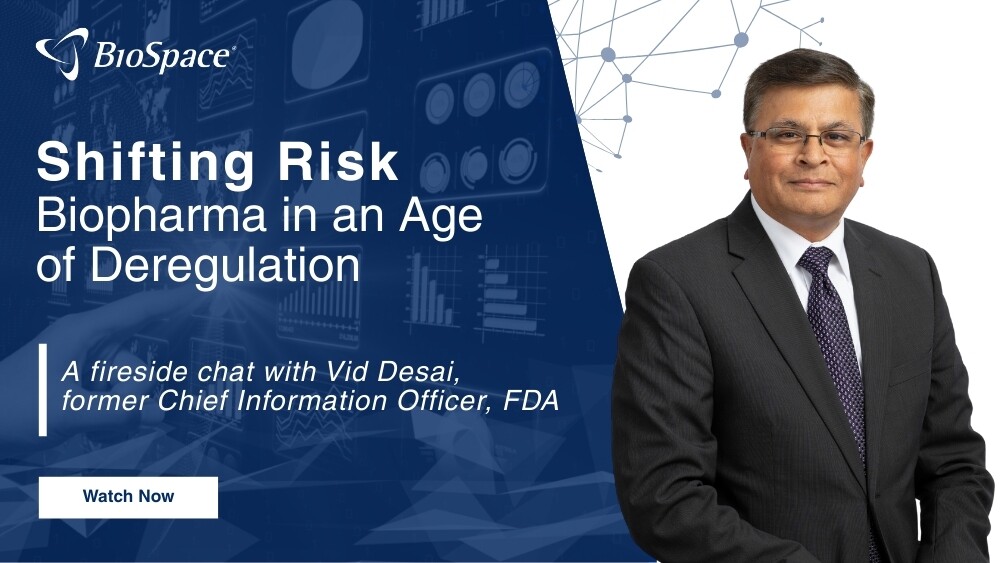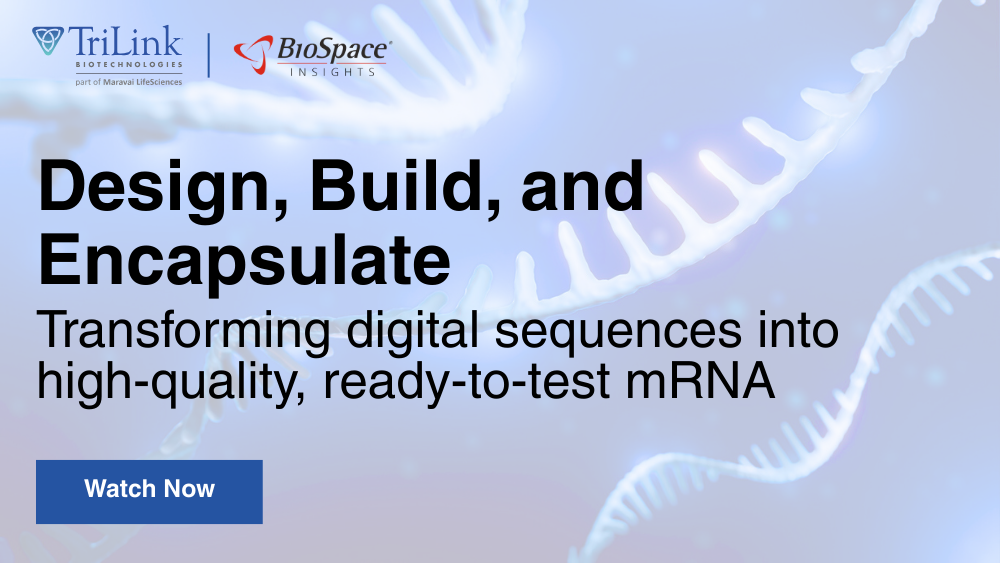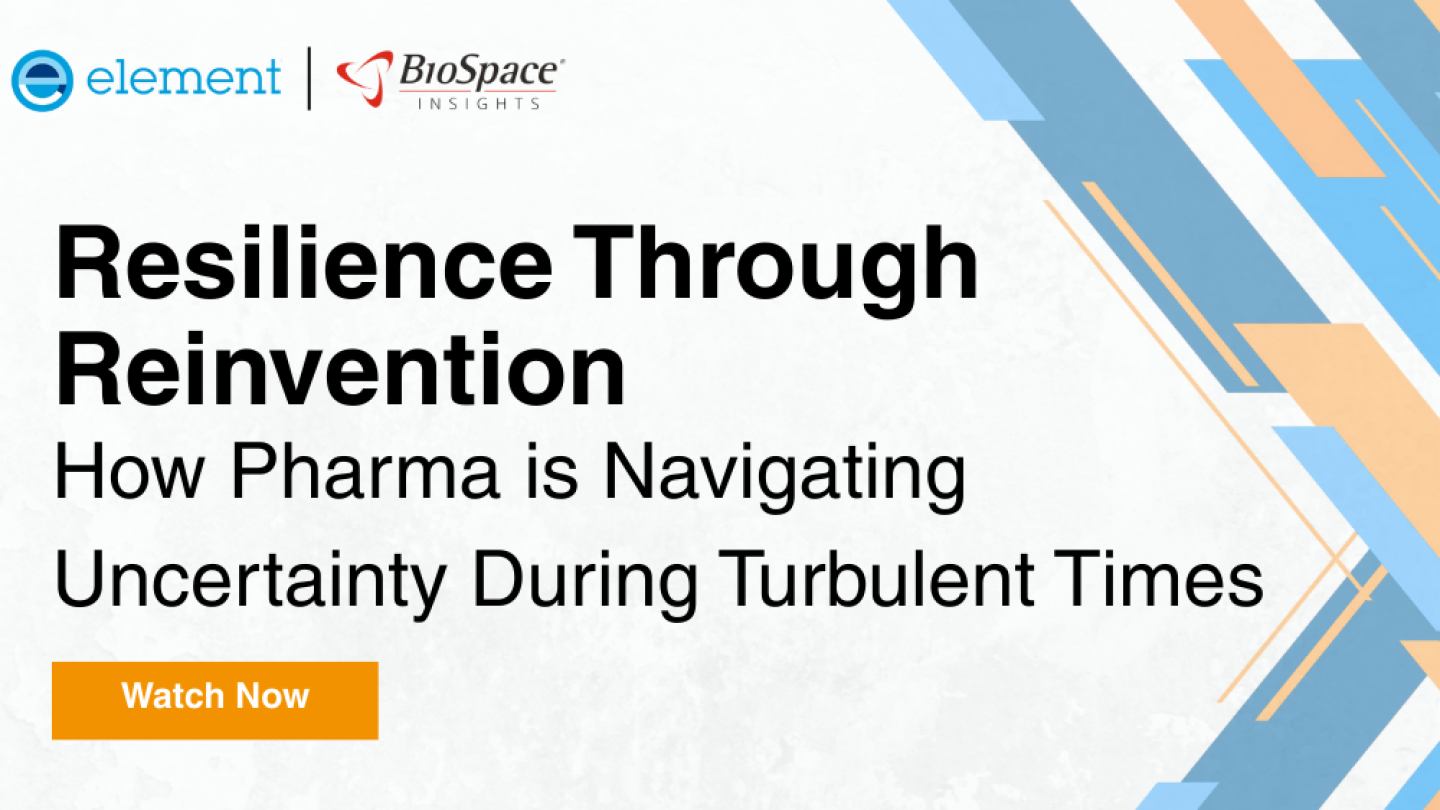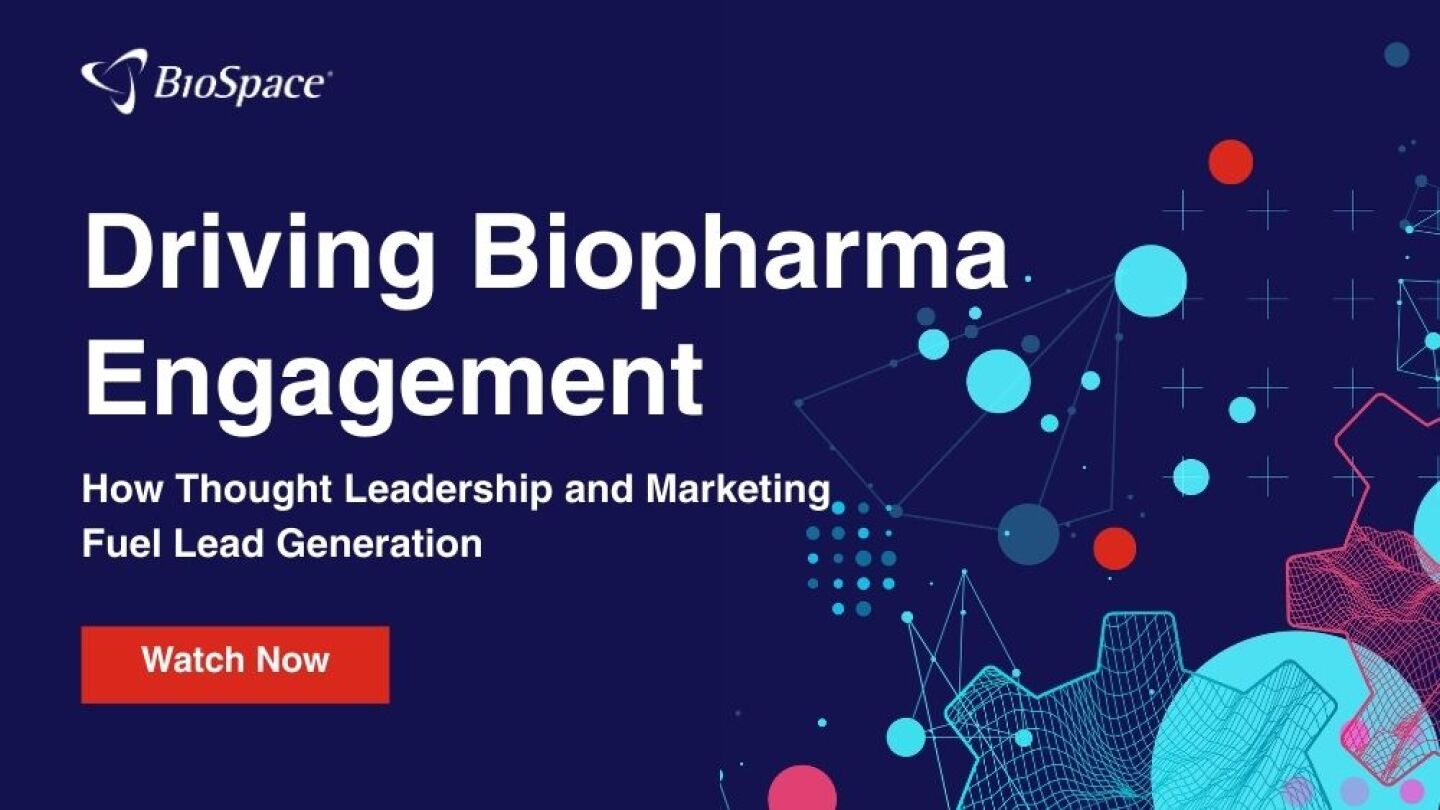Events
Register and find information for upcoming events from BioSpace and partners.
Interested in publishing your upcoming event on BioSpace? Submit events here.
Interested in putting on your own event? Talk to us.
Upcoming Events
Taking an early proof of concept into preclinical and clinical development is a costly and complex process. But there are strategic ways to streamline the process and reduce risk and costs. In this webinar, you’ll hear directly from Nobel Laureate Sir Michael Houghton and experts from Applied Pharma, who bring decades of real-world success and deep scientific expertise.
Tuesday, February 24, 2026 12–1pm EST
·
Virtual
In this webinar, leading oncology experts Dr. Javier Cortés and Dr. Antonio Llombart-Cussac will explore how collaborative-initiated trials are transforming the clinical research landscape and creating new opportunities for scientific and clinical impact.
Monday, March 2, 2026 11am–12pm EST
·
Virtual
Artificial intelligence is rapidly reshaping the life sciences, from automating repetitive tasks to enabling advanced scientific and safety assessments across drugs, biologics, and devices. As adoption grows across regulators, pharmaceutical companies, technology developers, nonprofits, and collaborative consortia, the need for clear, risk-based frameworks for validation, governance and human oversight becomes increasingly critical.
Tuesday, March 17, 2026 1–2pm EDT
·
Virtual
Join BSI Consulting’s “Better Together: A Pharma & Biotech EHS Forum” at Boston’s Museum of Science on February 25, 2026! This one-day forum brings together EHS leaders and professionals across the pharmaceutical and biotech fields for a focused exchange on shared EHS challenges. Attendees will learn about the operational impact of misclassified waste, identify gaps in biosafety implementation, explore practical applications of AI, and address workforce competency challenges. Reserve your spot today!
Wednesday, February 25, 2026 8:30am–3pm EST
·
Boston, MA
Discover how strategic in vitro assay design and advanced analytical tools support ADC candidate selection, differentiation, and translational decision-making. Join our expert-led webinar to explore expert strategies and actionable case studies driving smarter ADC discovery.
Thursday, February 26, 2026 9–10am PST
·
Virtual
DIA’s Medical Affairs and Scientific Communications Forum brings together medical affairs professionals to share best practices, tackle current challenges, and drive innovation in healthcare communication. What to Expect: Three specialized tracks: medical communications, medical writing, and field medical Roundtable discussions and real-world case studies you can apply immediately Poster sessions featuring original research DIA Community Meet-ups and networking receptions Exhibit hall showcasing innovative technologies and solutions Why Attend: Connect with like-minded professionals, gain practical insights on regulatory compliance and strategic communications, and build cross-functional relationships that enhance your impact. Designed by medical affairs practitioners, for practitioners.
March 2, 2026 11am - March 4, 2026 12:30pm EST
·
Boston, MA
Work with the BioSpace Insights team to engage decision-makers through thoughtful and impactful content.
Past Events
This webinar provides a clear-eyed assessment of current hiring conditions across biopharma, exploring which roles and skills are in demand, where opportunities are emerging, and how hiring practices are evolving.
More Past Events
Webinar: Resilience Through Reinvention: How Pharma is Navigating Uncertainty During Turbulent Times
In this discussion, our guests give their observations and recommendations on how companies can navigate within the United States market and beyond. Watch now.
In this discussion, our guests explore how modern data lake architectures, built on AWS, can help your organization adopt FAIR data principles—Findable, Accessible, Interoperable, and Reusable—to unlock the full potential of your scientific data.
Listen now for a high-level discussion on overcoming pharmaceutical supply chain challenges through end-to-end integration.
Establishing trust through thought leadership is no longer optional in today’s cautious biopharma market. This webinar will show leaders how strategic insights and targeted outreach can turn awareness into high-converting leads. Watch now.
In this webinar, we’ll explore how the Truveta Language Model (TLM)—a multi-modal AI model trained on EHR data—unlocks insights from clinical notes at scale. Watch now.









